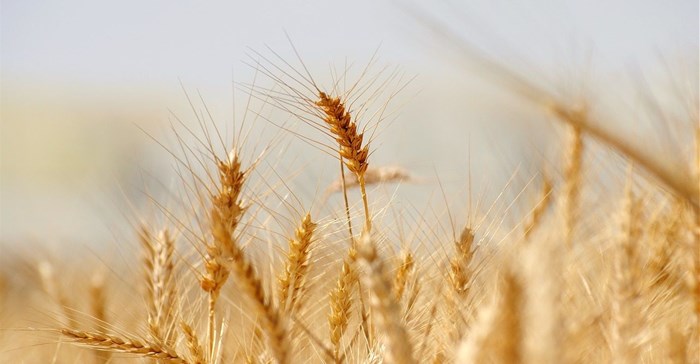The rebound in production conditions from the beginning of January 2019 spurred farmers to catch up with plantings of summer crops, particularly maize whose planting window was almost closed. This is reflected in the first National Crop Estimates Committee's (CEC) production estimate report which raised the total maize area planted by 0.7% from the January estimate to 2.3 million hectares, but still marginally down by 1% year-on-year.
The production estimate came in down by 16% year-on-year at 10.51 million tonnes which is slightly below market estimates and indication that yields will be below trend despite the improved production conditions.
While this figure is below domestic consumption, supplies will remain adequate given the expected carryover stock of 3.2 million tonnes by the end of the 2018/19 marketing season. Thus, we expect limited upside for maize prices in the medium term if there is no blowout in the rand/ US dollar exchange rate.
As with maize, the oilseed complex also faces a decrease in output due to the reduced area relative to last year. However, sunflower plantings have advanced more than earlier expectations at 515,350 hectares which is 16% more than first intentions to plant report last month. The sunflower production forecast of 563,590 tonnes is down 35% year-on-year, which poses an upside risk to the price outlook.
Soybeans have seen a decrease in both planted area and the production estimate, coming in down 7% and 17% respectively relative to the previous season. The domestic oilseeds situation, therefore, indicates a tightening supply outlook which will boost prices in the medium term.
In the case of winter crops, the better wheat season, particularly in the Western Cape, has ensured a good crop of 1.84 million tonnes which will help reduce the import demand by almost 36% year-on-year to just over 1 million tonnes.
The focus has now turned to the weather for the remainder of the season as the summer crops enter a critical stage of development. The short to medium term weather outlook still calls for rains across the producing areas which bodes well for the developing crops and a good finish to the 2018/19 summer crop season.






























